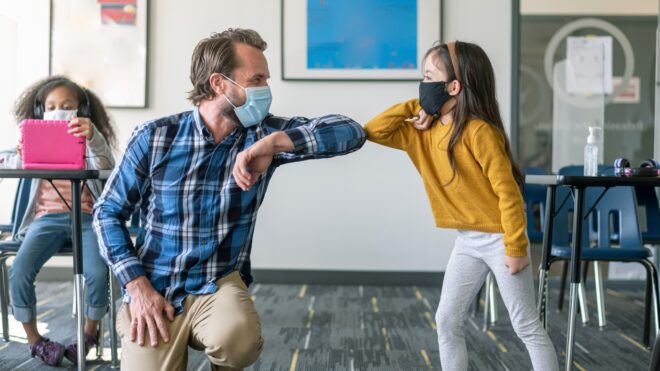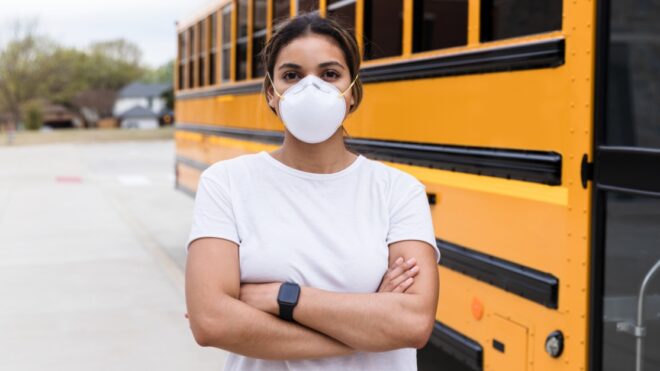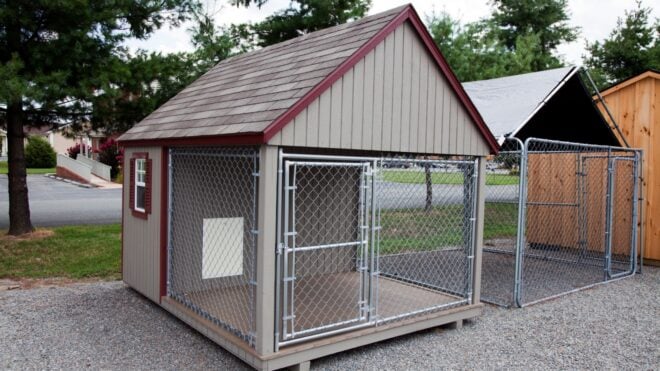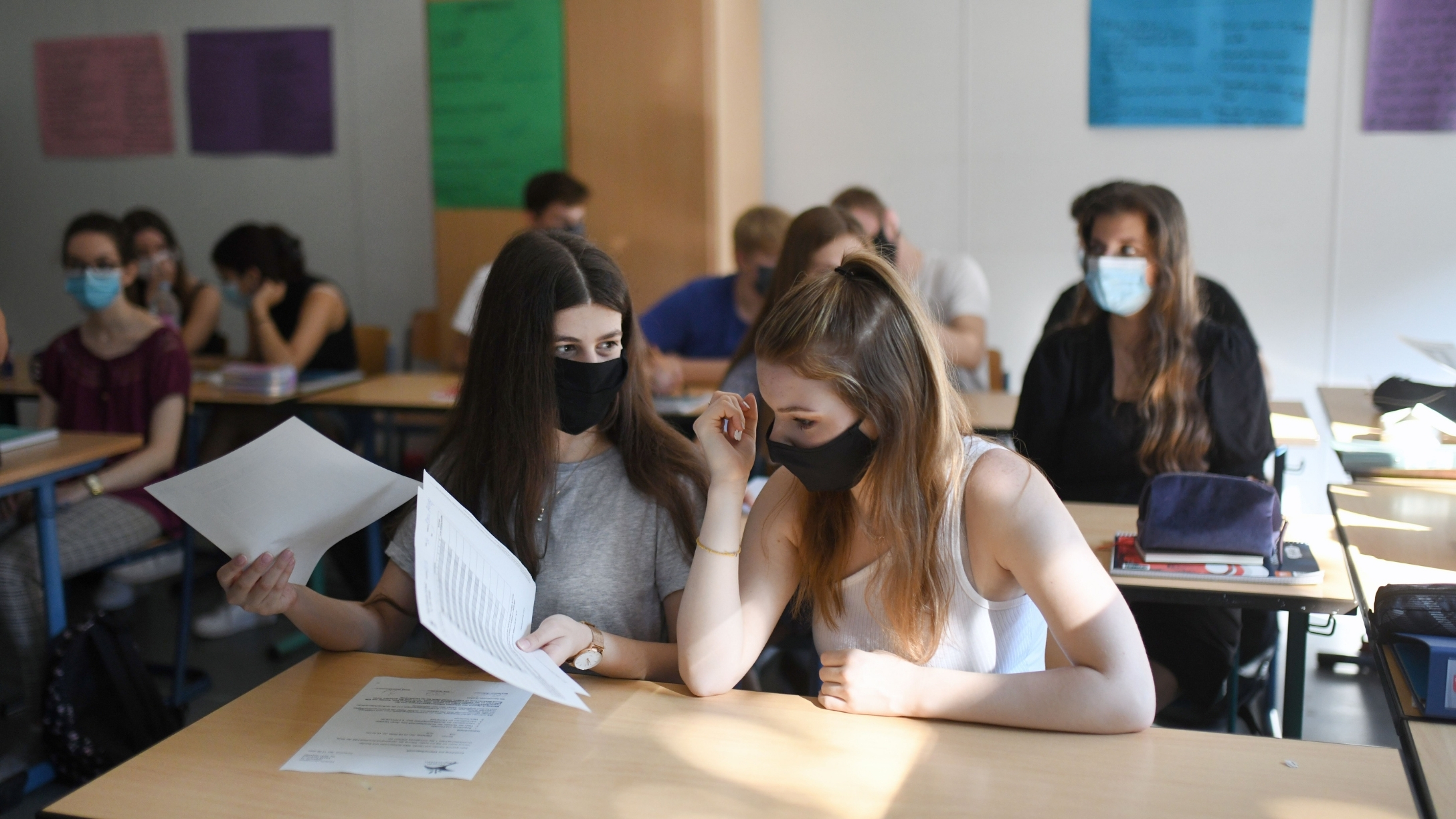
As kids settle into their school year, many parents are watching in the wings, part worried and part hopeful. Everyone wants their children to do well, but many parents are concerned about the toll that missing in-person education during the health crisis has taken.
In the coming months, many parents will discover that their children have experienced pandemic learning loss. Parenting expert Bethany Braun-Silva sat down with LittleThings to discuss navigating that while finding ways to support your child.
"It's no secret that parents have been concerned about their children's learning over the last 18-plus months," she explained. "And a new study from BYJU'S FutureSchool and Harris Poll can help shed some light on ways parents can help support their children and get them back on track educationally. It turns out knowing what type of learner your child is, is the first step."
Bethany opened up to us about her own experiences in pandemic parenting and how to identify what type of learner your child is.
Like many moms, Bethany found herself navigating a lot of difficulties during the health crisis. Her sons were in pre-K and second grade when things began in March 2020. Today, they are in first and fourth grades.
"It was very challenging, especially with my littler one," she recalled. "That was really his first experience at school, and to be — I don't want to say ripped out of it, but in a way it was like one day he was in school, and the next day, he wasn't seeing any of his friends.
"And he started to sort of have to look at them through a screen on the computer. So there was lots of school learning happening, and there was also a lot of personal growth and learning happening at the same time."
Bethany is among the many parents who were happy to have their children return to in-person learning this fall, though there are other concerns that come with going back.
"I'm very happy that my kids are back and interacting with classmates and having that social element back in their life," she said. "I think with my boys being so young that really is sort of like 80% of it, right?
"Of course, [I] want them to know their math and their ABCs and all of that reading and writing, but I think the social aspect is what they missed the most."
Bethany explained how she started to wonder what her children might be missing or lacking as a result of being out of school for so long.
"I was really concerned with what they were missing," she said. "It was such a vital time, I think I was really worried about their educational development."
For parents who might share these concerns, Bethany opened up about the signs of pandemic learning loss.
"Aside from talking to your child's teacher, I think you really need to assess their reactions," she advised. "Are they excited and happy to go to school?"
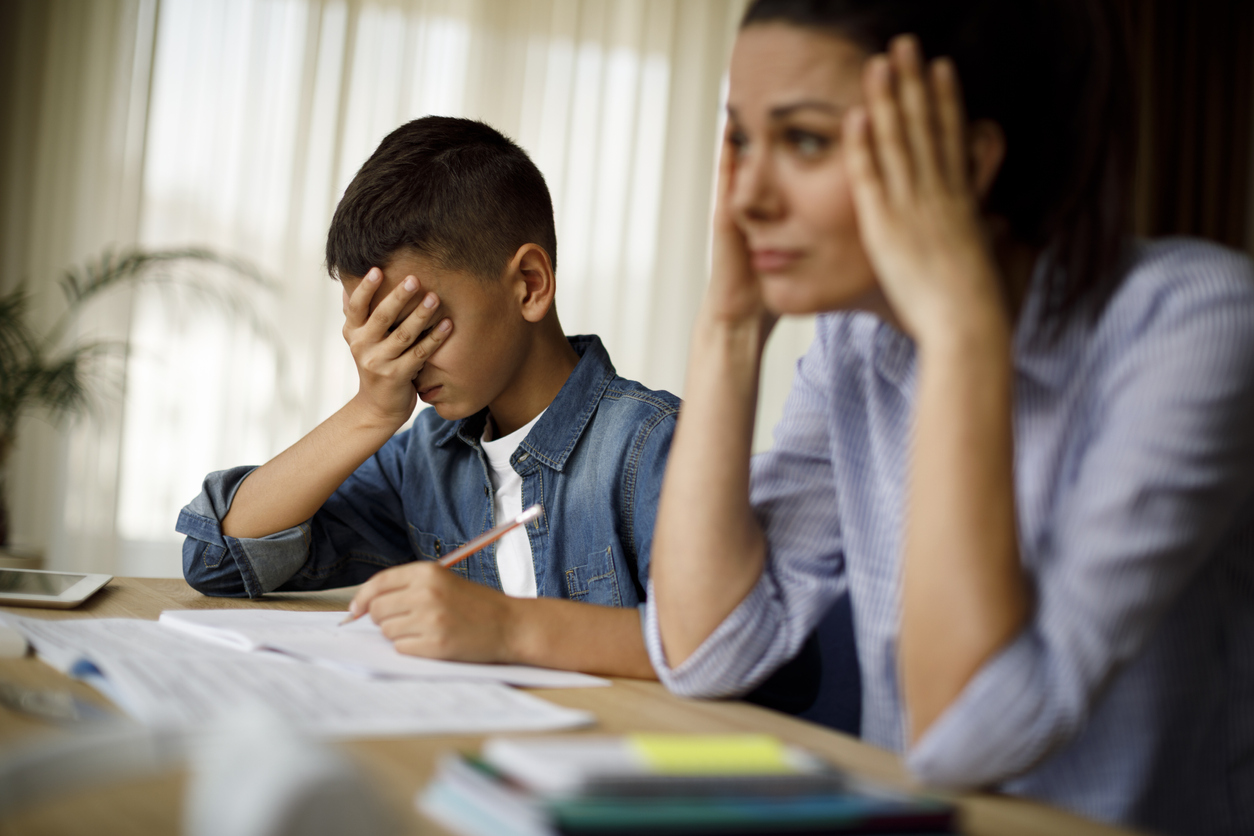
As a mom, she's more than aware of the usual resistance to going to school. She urges parents to look beyond it.
"I think you also have to notice, are there triggers around school or homework that maybe weren't there before? That could be because they simply just don't know what's being asked of them."
Bethany used a situation with her son as an example. "I do fourth grade homework, math homework, with my son every night, and in the beginning I was noticing that he was really fighting me on this," she shared.
"It turns out he just didn't understand what was being asked of him. So I think talking to your child's teacher, getting some more guidance as far as, like, how can I help supplement maybe what was missed, or what else can I do to [help]?"
Bethany also noted that while navigating the ups and downs of the current moment, parents have to remember not to get so emotionally attached to their children having a certain educational trajectory.
"I think it's really hard for parents to remove ourselves emotionally from our kids' progress because we're just so invested in wanting them to do well," she shared.
"It took me a long time for me to realize that my 6-year-old, his writing and word formation, isn't where it needs to be. But also at the same time, I'm trying to give him a lot of grace and leeway. And I want to keep it positive because I don't want it to be this negative thing."
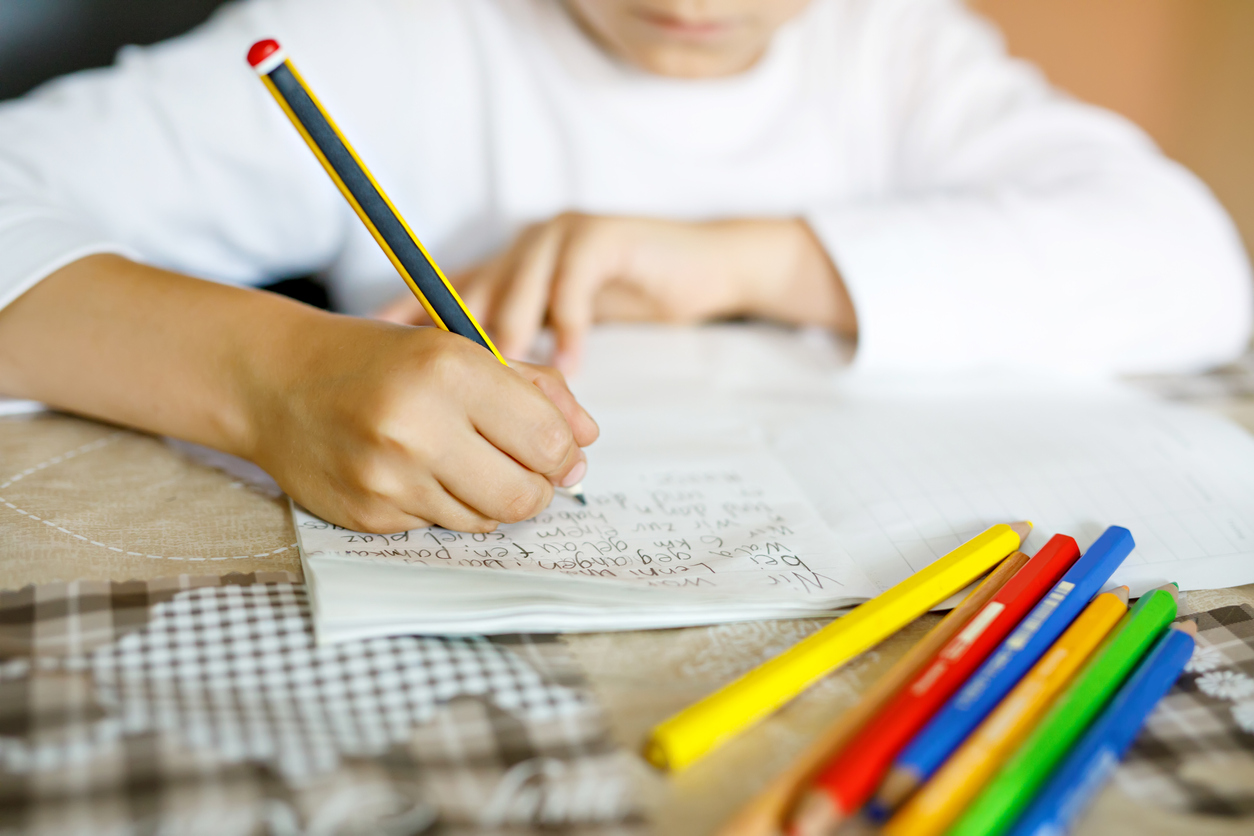
"I think also just coming to terms with the fact that maybe there is a learning loss is a huge first step for parents," Bethany said.
"Because once you recognize that learning loss, now you can address it. Now we can support our children and move forward and get to addressing that loss."
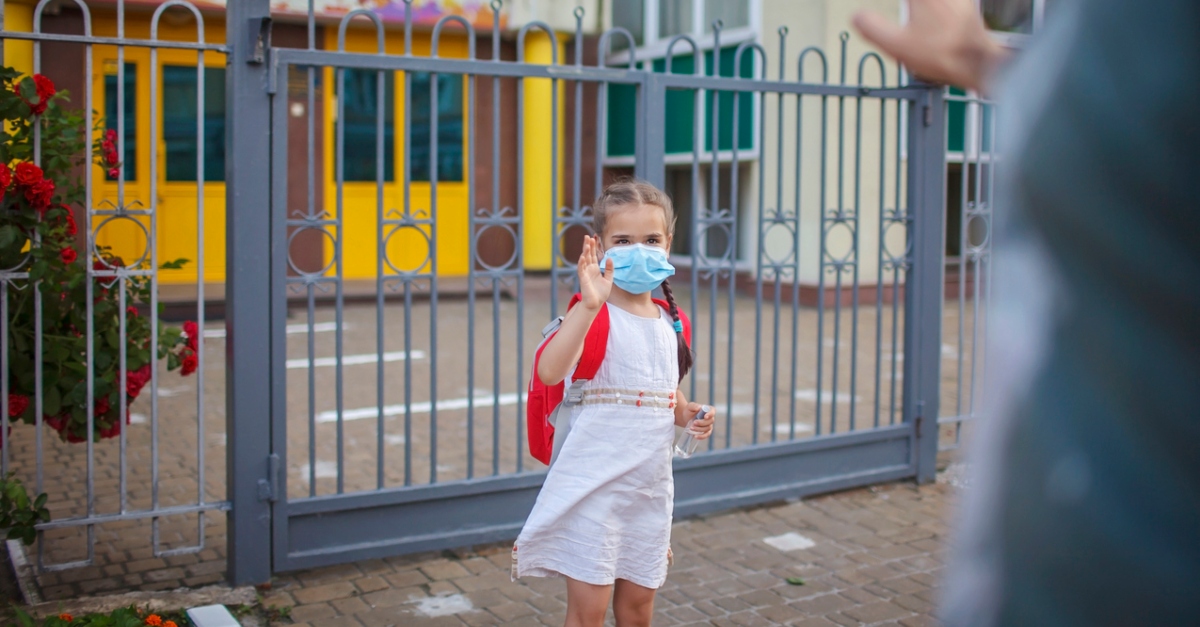
To find the best way to address the learning loss, begin by determining what kind of learner your child is.
"Traditionally, there are four learning types: visual, auditory, reading and writing, and kinesthetic, which is that hands-on, physical learner," Bethany explained.

"I think first and foremost, take a look at your child's interests," Bethany continued. "Do they work best with information that's coming at them vocally, like verbal instructions? They're likely an auditory learner. If they work best in active learning environments, if they love doing projects and hands-on things, then they're probably a kinesthetic or physical learner.
"If they love to do worksheets and workbooks — you know, reading, writing, graphs, and charts — they're likely a visual learner. If they love books, if they love to write lists, or they need to have things written out for them, then they're likely the reading and writing style type."
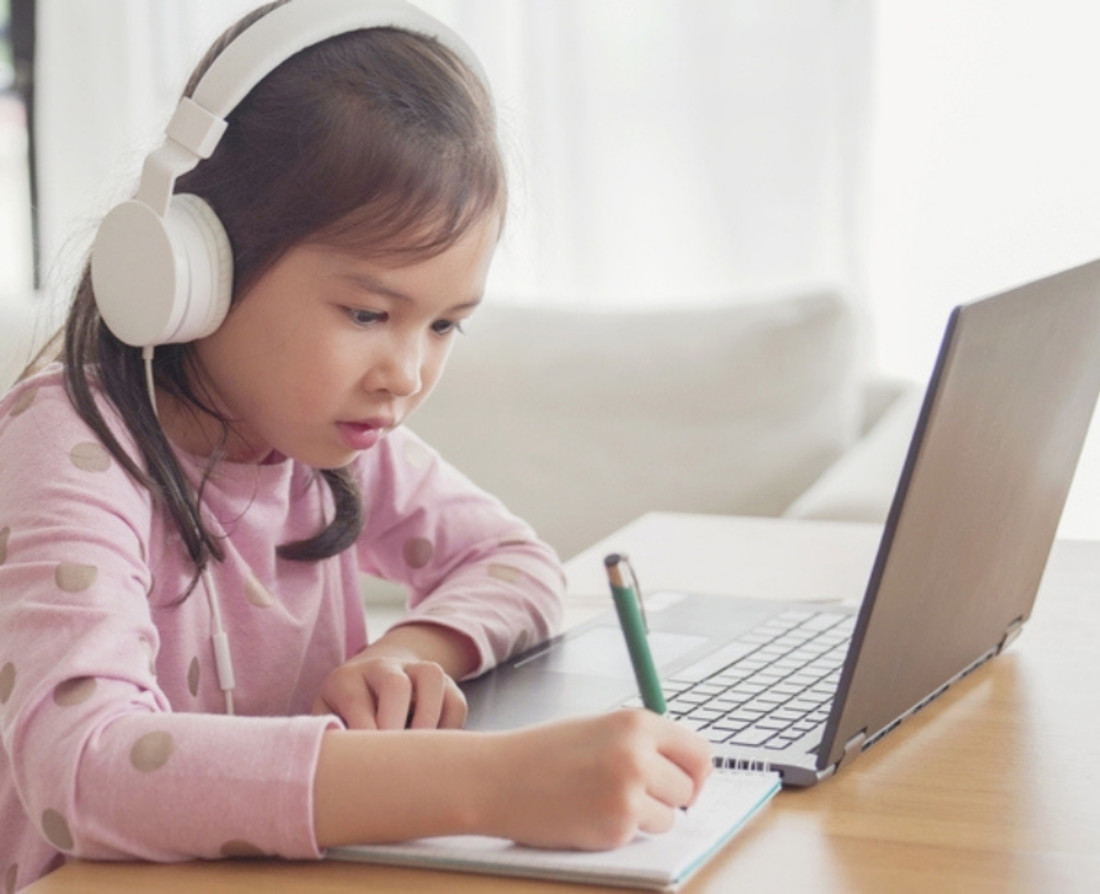
Bethany encourages families to find projects you can do at home that engage everyone's strengths while still challenging them a bit.
"I think if you have a family with multiple kids, more likely than not you're dealing with different learning types. I know I certainly am," Bethany shared.
"The other day, someone told me, 'You have to parent fairly, but not equally.' So really appeal to your children's way of learning and know it's not going to be something that you can just do across the board."
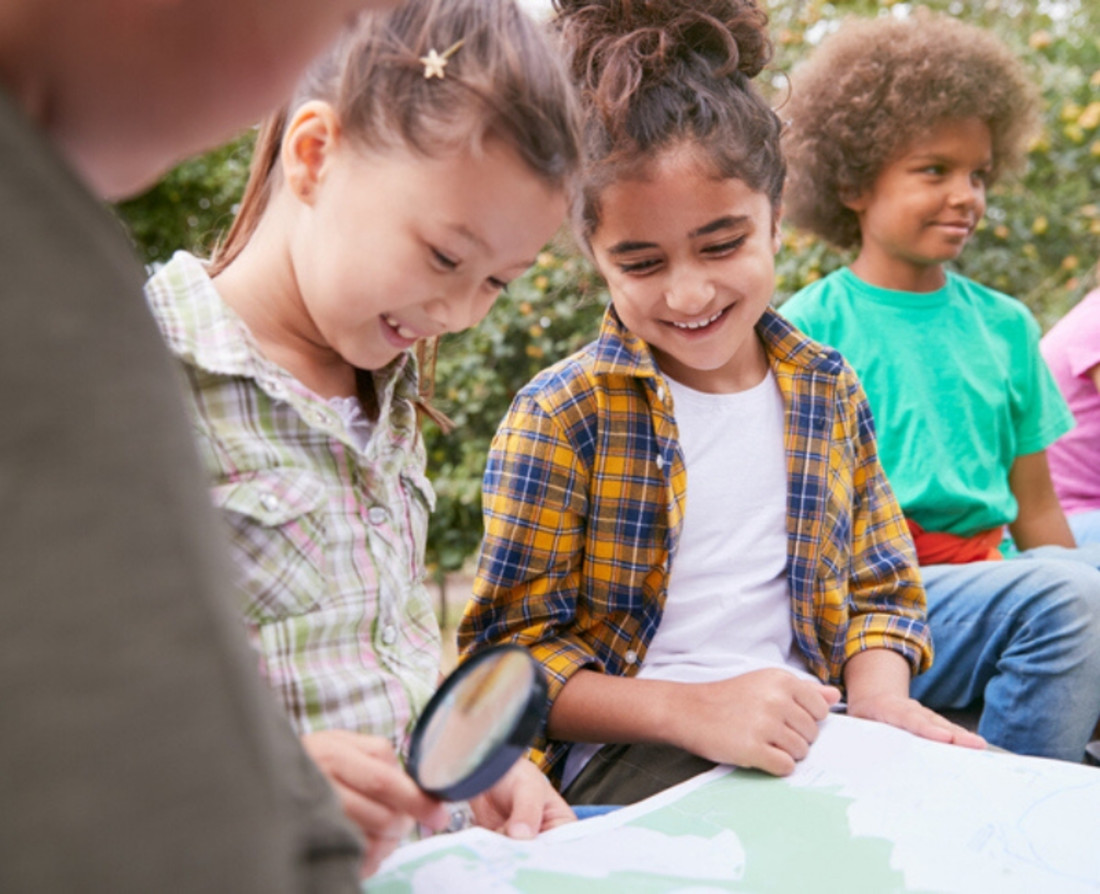
"I think picking activities that really help amplify their strengths is great. Some of the activities that I like are a family scrapbook or a memory book. I also love the idea of a family scavenger hunt," Bethany said, delving into her example.
"You can find really easy printables online and let each type of learner be in charge of the thing that suits them best. Kinesthetic learners can be the ones who are running and finding the items. The reading and writing learners can keep track and keep everybody organized with the list."
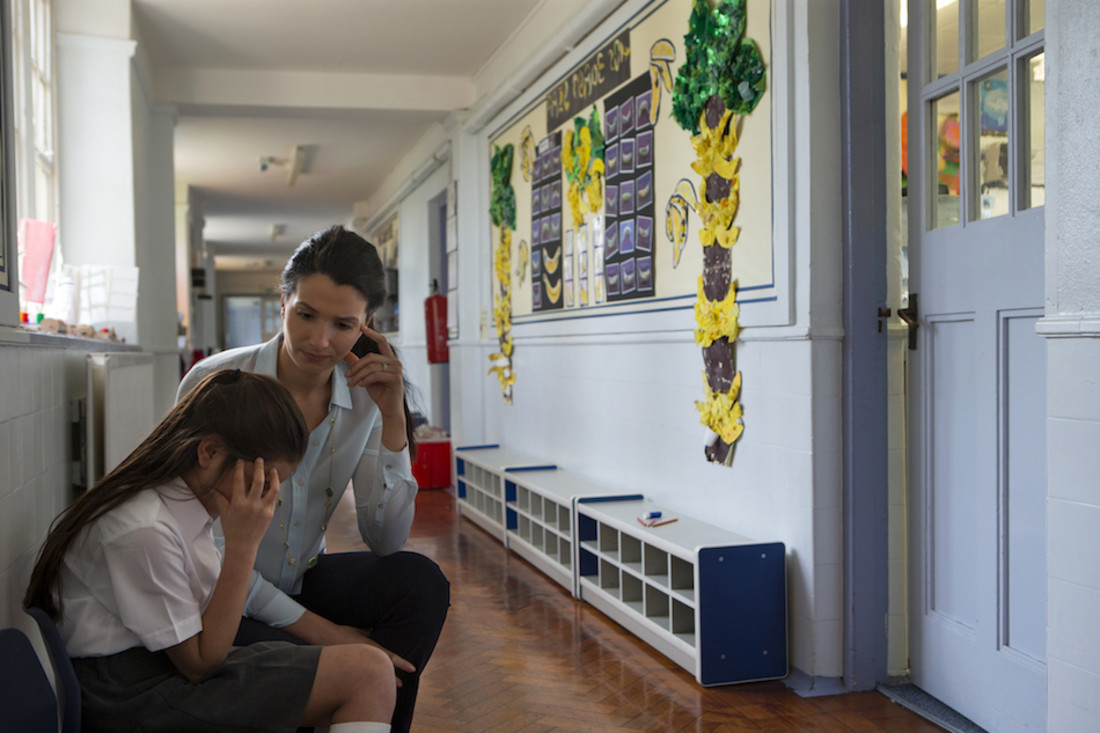
There are some parents who are hesitant to reach out to already-swamped teachers amid this chaotic school year. Still, Bethany explains it can be an important step in making things easier for everyone involved — most importantly your child.
"I know it's super hard, but I think any time [a parent approaches a] teacher in a friendly way that shows that we want to be proactive about our child's learning, I think you're going to be met with a good response," she noted.
"Maybe they won't write you back right away because they're dealing with other emails, logistics, administrative stuff, who knows? But I think opening that flow of conversation with your child's teacher, just letting them know that I'm here for you."
"The learning [that's] done in the classroom is supplemented by the learning done at home, and [you can] take it even a step further. We can even be supplementing with one-on-one learning platforms, like BYJU's FutureSchool," she continued.
"We really can't put that entire burden on our child's teacher alone, so just to let them know, 'What can I do? How can I help you? How can I help you help my kid?' And if they do come back and say, 'I think your child would benefit by some outside instruction,' be ready to tackle that."
Bethany recognizes some moms can struggle with feeling like they have to do it all themselves, but she feels these platforms can alleviate some of that pressure, while also helping address any learning gaps. And teachers agree! According to a recent study, more than 8 in 10 believe that supplemental learning programs providing enrichment exercises can mitigate the COVID-19 learning gap (84%) and prevent learning gaps in general (84%).
"As moms, it's hard to say we need outside help," Bethany shared. "And so that's why I love these kind of online learning platforms for my kids, because sometimes I just don't have the mental bandwidth to sit and do fourth grade math homework.
"So if I can get an amazing teacher, a vetted teacher, who's going to work with my child one-on-one? I mean, that's like a dream come true.
"I think that's really just all kind of part of it, right? Identifying it, realizing that you can't do it all on your own, while keeping it a really, really positive environment for our children, and for our family."

